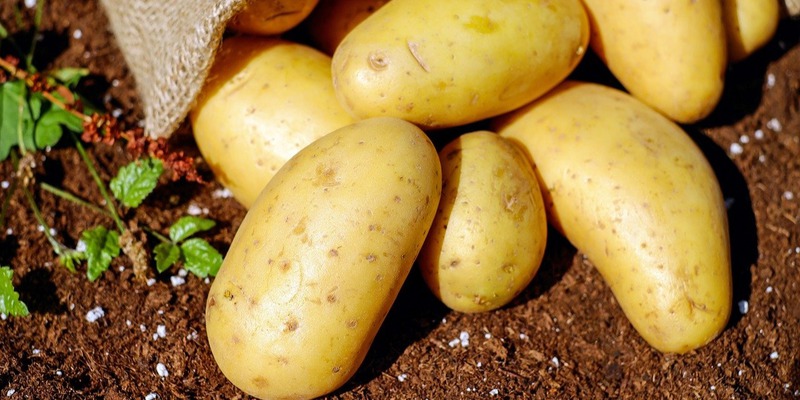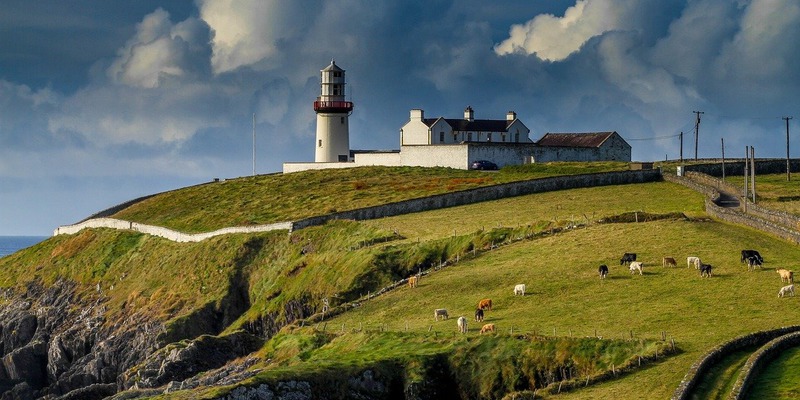7 things to know about potatoes

We don't always have to look so far to find interesting things. Sometimes it even turns out that it has always been there in our daily lives. Namely: the humble potato.
Here are seven facts about potatoes - some well-known, some less so.
1. potato as a staple food
It is said that potatoes provide almost complete nutrition. I don't plan to live on potatoes alone, and I don't recommend it to anyone else. But it has been done. People have lived primarily on potatoes or potatoes and milk for a long time throughout history, and the potato is still considered a staple in many cultures. Potatoes can be a significant part of a healthy diet because they are high in vitamins C and B6, potassium and manganese, and provide a modest percentage of daily requirements for protein, thiamin, niacin and folate.
2. long shelf life with proper storage
Most homeowners - and even people who don't grow much of their food - probably know them. When cured for several days at moderate temperatures and humidity and stored in a cold, dark, well-ventilated storage cellar, potatoes can keep from one growing season to the next.
3. grow potatoes yourself
Potatoes are easy to grow in almost any climate. They grow in places as far away as Idaho, China, South Africa and Mexico, in temperatures ranging from cold to temperate to subtropical. However, potatoes can be somewhat finicky about soil composition, especially acidity.
4. origin of the potato
Potatoes originated in South America. They were introduced to Europe in the early 1500s via the Canary Islands by the Spanish explorer Francisco Pizarro - one of the few specimens to survive the arduous intercontinental journey in the most primitive conditions and quickly took root in Europe.
5. potatoes and the Irish people

Entire cultures have risen and fallen because of potatoes. Most people have heard of a connection between potatoes and the Irish people throughout history, but not everyone fully understands how momentous it was. It was the easy-to-grow and nutritious potato that enabled Ireland's farmers to survive on little land and with few other resources. From its introduction to Europe in the 16th century until the onset of late blight in the mid-1800s, the potato became the most important food crop in Ireland.
6. potatoes are clones
Just to illustrate how remarkable this is, here's a quick refresher on birds and bees. Most higher organisms - that is, plants and animals - reproduce sexually. This means that the DNA from each of two parents combines to create a new and completely unique organism. Not so with cloning. It is an exact replication of a single parent organism. When we plant potatoes, we do not use seeds, which would be the result of sexual reproduction. Instead, we use potato pieces that have the same DNA as the one they were planted with.
7. potatoes are in danger
The global sale of potatoes is potentially in grave danger. There are many reasons for this. Two issues contributing to this risk have already been mentioned: the history of a single plant disease that has wiped out almost every potato in Ireland and the fact that almost all potatoes grown today are clones. In addition, commercial potato producers grow only a fraction of the original varieties, minimizing the gene pool and making them that much more vulnerable to a pandemic. But perhaps one of the most important and overlooked factors is this: as potatoes are grown in more and more ecosystems where they are not native, they lack the advantage of being crossed with wild relatives that can provide genetic defense. These factors result in the potato having a precarious existence in our diet.
More information
Always consult your healthcare provider to ensure that the information displayed on this page applies to your personal circumstances.


















